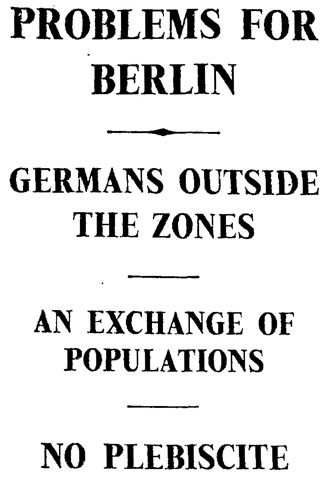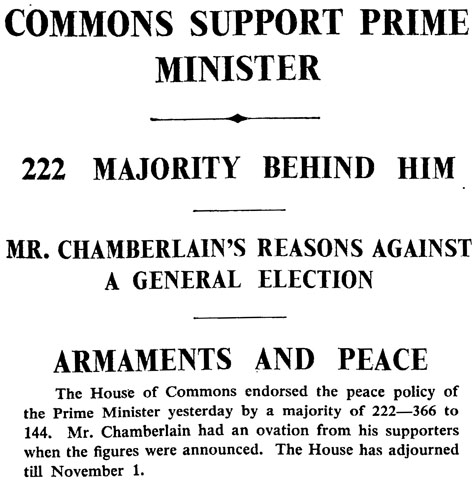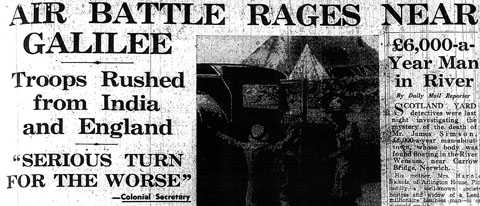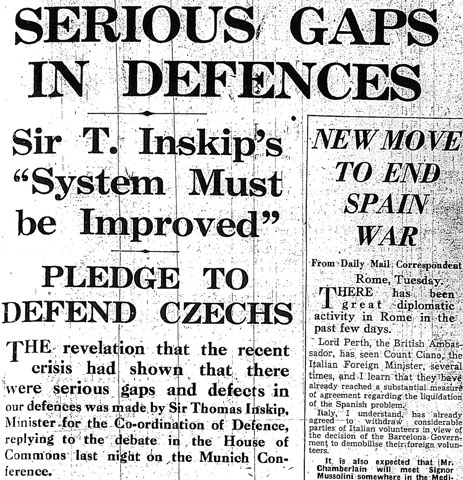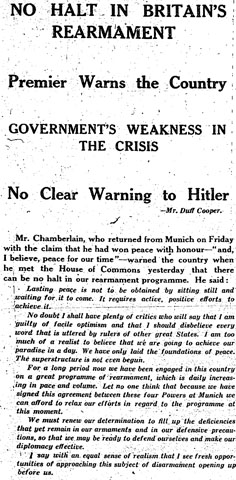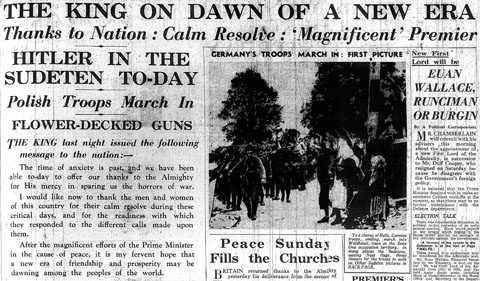E-booking the Sudeten Crisis
After knocking together The Scareship Age, I started working on turning my Sudeten crisis posts into an e-book version. I knew there’d be a fair amount of work, but I underestimated the value of ‘fair’. Finding and cleaning up formatting errors is a very slow and tedious business, as is creating an index (though it […]


